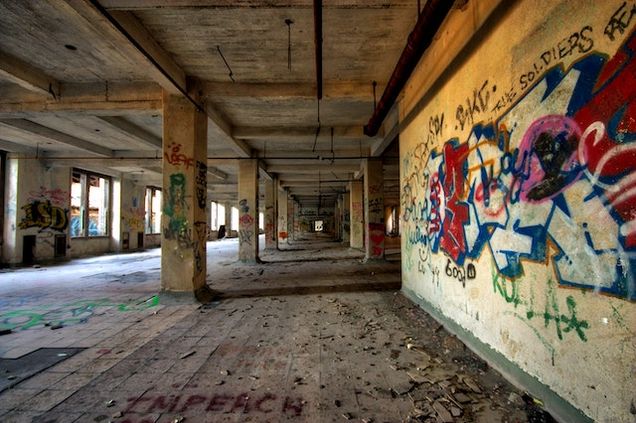Is China the Villain? Jobs, Wages and Building a Better U.S. Policy toward China

The COVID-19 pandemic has given rise to a blame game between the U.S. and China, disrupting the urgently needed international cooperation to control the spread of the disease and accelerate efforts to find and distribute affordable vaccines and treatments.
The current finger pointing has exacerbated bilateral tensions that were already flaring as a result of two intersecting forces. First, President Trump blames China (as well as Europe, Mexico, immigrants and others) for many U.S. problems that were made in the U.S., including the offshoring of jobs by U.S. firms and the botched handling of the pandemic. Second, the military-industrial complex and foreign policy hawks in the U.S. government have taken advantage of Trump’s stance to hype alleged dangers from foreigners and thus justify aggressive international postures and huge military budgets.
This policy brief goes beyond these immediate triggers to probe deeper structural issues that affect the relationship between the two countries. The authors present trends in China that are well documented, but seldom discussed in U.S. discourse, including rapidly rising wages and investments in research, education and social protection. They further contrast these developments with a number of domestic policy failures in the U.S. that have created winners and losers and given rise to serious grievances that have been manipulated for political gains.
Looking ahead, the authors discuss the difficult recovery that all countries will face as they rebuild from the economic devastation caused by the pandemic. They argue economic recovery in the U.S. will require policymakers to discard the failed economic approaches that left the country so brittle in the face of the pandemic and instead engage in practical experimentation with policies that have worked in the past or in other countries. That in turn will mean abandoning nationalistic hubris in order to learn from positive experiences elsewhere, including China. Finally, the authors suggest ways that international cooperation could hasten recovery and the construction of a more equitable, robust and sustainable global economy, offering better support to working households and communities, both at home and abroad.
Read the Policy Brief